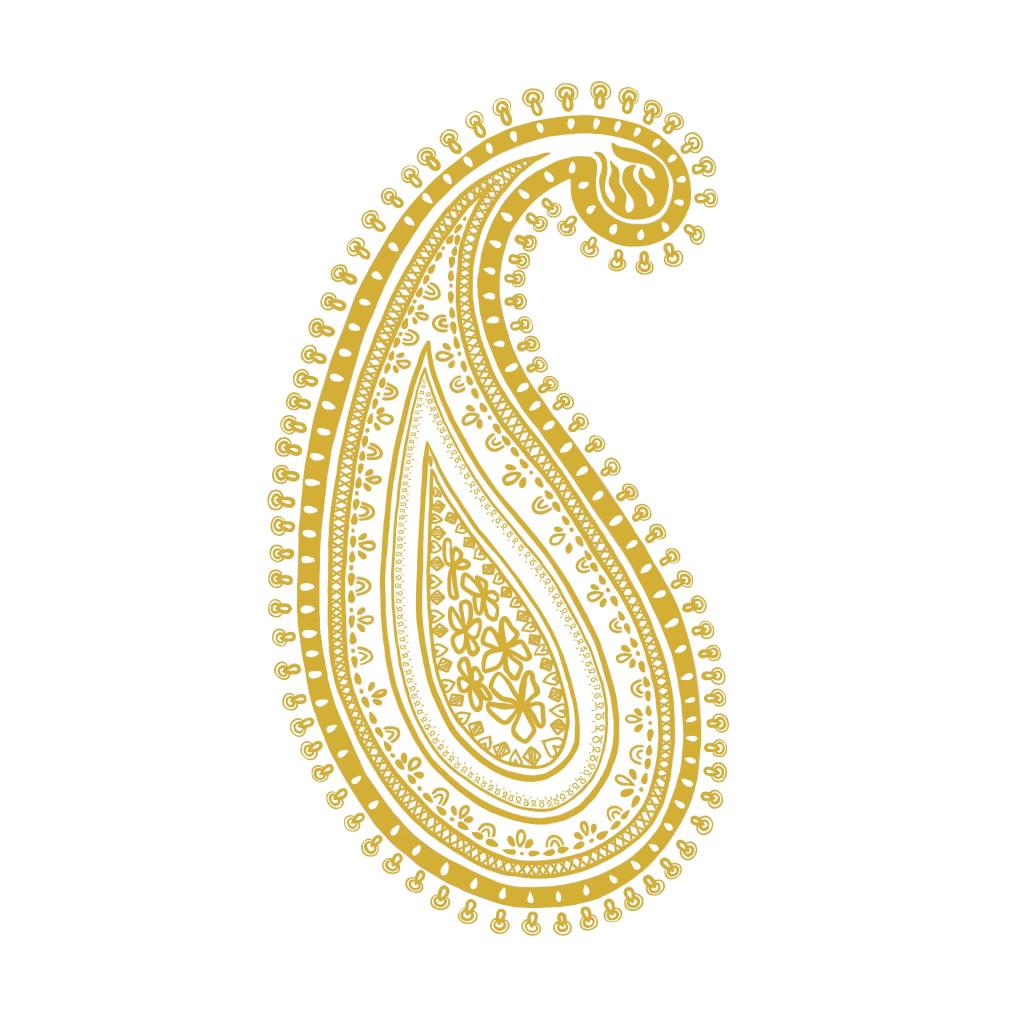introspection is therapy
What is Introspection?
Introspection is the act of looking inward and examining one's own thoughts, feelings, and experiences.
It involves paying attention to and reflecting on one's own mental and emotional states and can be a valuable tool for improving self-awareness and understanding one's own motivations and behaviors.
Some people use introspection as a means of self-discovery or personal growth, while others use it as a way to process difficult emotions or experiences. Overall, introspection can be a powerful tool for gaining insight into oneself and one's place in the world.
Why is introspection important
Introspection is important for several reasons. Firstly, it can help improve self-awareness and understanding, which is essential for personal growth and development. By examining our own thoughts and feelings, we can gain insight into our motivations, values, and behaviors, which can help us make better decisions and improve our relationships with others.
Secondly, introspection can be a valuable tool for managing and reducing stress and anxiety. By taking time to reflect on our thoughts and emotions, we can better understand the sources of our stress and develop strategies for coping with them. This can help us feel more in control of our lives and reduce the negative effects of stress on our mental and physical health.
Thirdly, introspection can foster empathy and compassion for others. By understanding our own emotions and experiences, we can better understand the emotions and experiences of others, which can help us be more empathetic and compassionate toward them.
Finally, introspection can be a powerful tool for personal growth and self-improvement. By regularly examining our thoughts and feelings, we can identify areas of our lives where we want to make changes, and develop strategies for achieving our goals. This can lead to a greater sense of fulfillment and satisfaction with our lives.
10 ways to practice Introspection
Keep a journal or diary to regularly write down your thoughts, feelings, and experiences.
Practice mindfulness or meditation, which can help you focus on the present moment and pay attention to your thoughts and emotions.
Take time each day to reflect on your experiences and emotions, asking yourself questions such as "How did I feel today?" and "What was the most challenging part of my day?"
Engage in activities that allow you to tune out distractions and focus on your inner experience, such as yoga, art, or music.
Talk to a therapist or counselor who can help you explore your thoughts and feelings in a safe and supportive environment.
Consider keeping a gratitude journal, where you write down things you are grateful for each day, which can help you focus on the positive aspects of your life.
Engage in self-care activities that allow you to relax and unwind, such as taking a warm bath or getting a massage, which can help you feel more in touch with your emotions.
Practice self-compassion, treating yourself with the same kindness and understanding you would offer to a friend.
Take regular breaks from technology and other distractions to give yourself time to be alone with your thoughts.
Seek out opportunities to connect with others who share your interests or experiences, as talking about your thoughts and feelings with others can be a valuable form of introspection.

